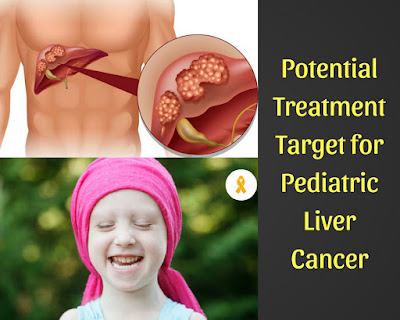A healthy gut : better recovery from spinal cord injury
Our
gut microbiota communicates with the central nervous system (CNS) by
collaboration with immune cells and discharging metabolites that pass through
the blood-brain barrier. Most (~70-80 percent) immune cells within the body are
found inside gut-associated lymphoid tissues. The influence of our gut microbes is far-reaching. From
boosting the adequacy of chemotherapy to influencing obesity risk in youth, the
gut microbiome is unimaginably important for our body's overall health. In
addition to the more obvious impacts of traumatic spinal line injuries, the
researchers say they have auxiliary impacts, counting loss of bowel control,
which can cause disturbance to the gut microbiome.
Named
"dysbiosis," this disruption happens when "good" bacteria
are drained or invade by "bad" bacteria within the gut. Previously,
autoimmune illnesses - such as multiple sclerosis and type 1 diabetes - have
been connected to dysbiosis,
and the researchers say it has been found to play a role within the progression
of neurological disorders.
To test their
hypothesis, the researchers performed an experiment in mice. They found that
mice that were pre-treated with antibiotics to modify their gut microbiomes
before spinal cord damage appeared higher levels of spinal aggravation. These
mice too recuperated poorly from their injuries. On the flip side, injured mice
that were given daily probiotic doses appeared less spinal damage and were able
to recapture more hind limb movement. The researchers show that the probiotics
contained huge numbers of lactic acid-producing bacteria, which enacted a
gut-associated immune cell that can inhibit inflammation. The researchers say
these immune cells - called regulatory T cells - could avoid additional damage
to the spinal cord after injury. Also, by releasing molecules that advance
neuronal development, the probiotic bacteria may really boost spinal cord
recuperation.
One or
both of these capacities could clarify how post-injury disturbance of the gut
microbiome contributes to the pathology of spinal cord injuries and how
probiotics block or turn around these effects. Although the researchers'
discoveries from their mouse study recommend that checking gut changes with
probiotics seem offer assistance patients who are recovering from spinal cord
injuries, the results have not however been affirmed in humans.




Comments
Post a Comment